Our YAB (Youth Advisory Board) is made up of pre-teens and teens who attended Experience Camps and care deeply about helping the public understand how to better support grieving children. We give our YAB a mission each month, in which they share insights about grief and reflections from their own journey. We also use their insights and ideas to inform our programming, initiatives, and campaigns. Who better to hear from when it comes to childhood grief than young people themselves? Our application period for the 2024-25 Youth Advisory Board is currently closed.
Advisory Team & Content Team
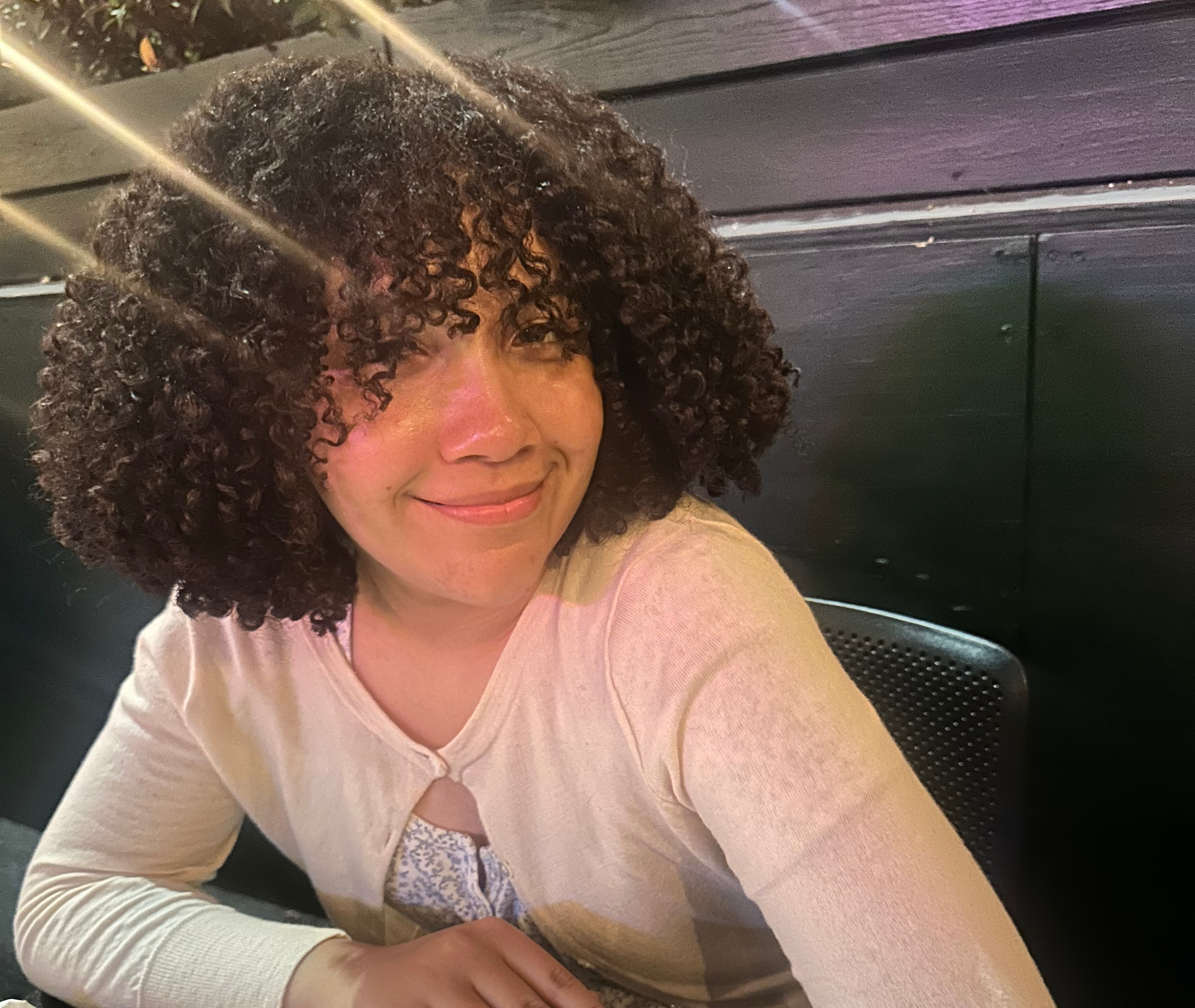
It’s important to talk about your grief openly because ignoring it will only cause more pain. As a society, we need to talk about grief and to show others it’s not something to be ashamed of.
— Alex, age 13
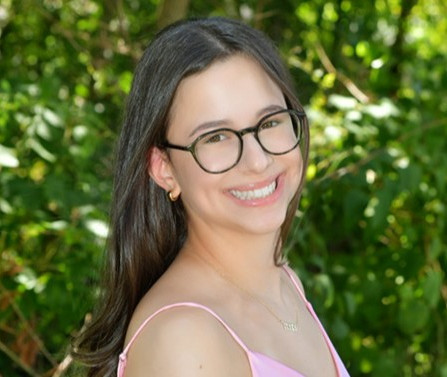
By breaking the silence on grief, we create a kinder and more caring society where people don’t have to suffer alone.
— Amber, age 17

Grief is an ongoing battle in so many lives, and the support, knowledge, and awareness from others is so vital in bettering our situation.
— Bella, age 18

As a teen becoming a man, it’s especially important to practice expressing emotions instead of feeling like we have to hide them or just be angry.
— CJ, age 17
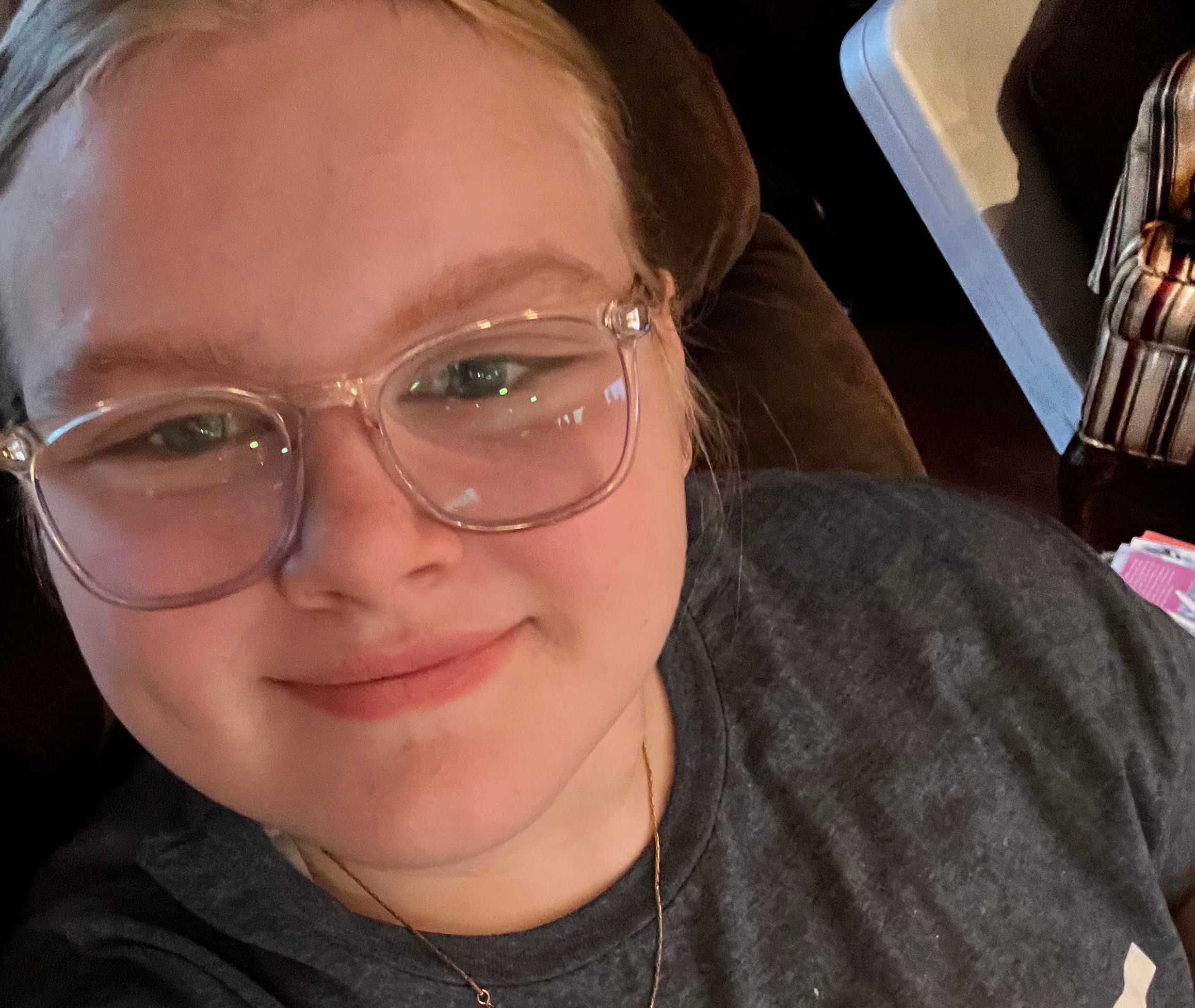
I think people in our society should get better at talking about grief because it’s something that everyone at one point will face..
— Ellen, age 13

When people avoid talking about it, it can make you feel like your pain isn’t valid or that you should “move on” quickly.
— Jaymul, age 16

Talking about your grief can help you heal just by noticing that other people are going through the same thing as you.
— Jocelyn, age 13

We need to talk about grief because there’s so much stigma and negative energy surrounding grief.
— Jonah, age 15

Talking about grief for the first time may make you very sad or depressed but eventually you will break through and know how to handle it.
— Javier, age 16

Talking about grief helps people understand their emotions and situation more. When you hold something in, it’s you against you.
— Kalib, age 17

Our society needs to get better at talking about grief because it will help other people realize that other people care and understand, maybe not the way you truly understand, but they do.
— Laila, age 15

By avoiding conversations about grief, society creates more pain for grievers by making us feel alienated.
— Leila, age 17

I believe it is important that people in our society get better with/when talking about grief because there are so many children and adults who have experienced grief and trauma that need to be heard and seen.
— Lexi, age 14

Talking about grief makes us realize we’re not alone and gives us a way to heal together.
— Levi, age 16

It’s important to talk about grief because talking about something so uncomfortable is very hard for some, but not being able to talk to someone is even harder.
— Lucy, age 13
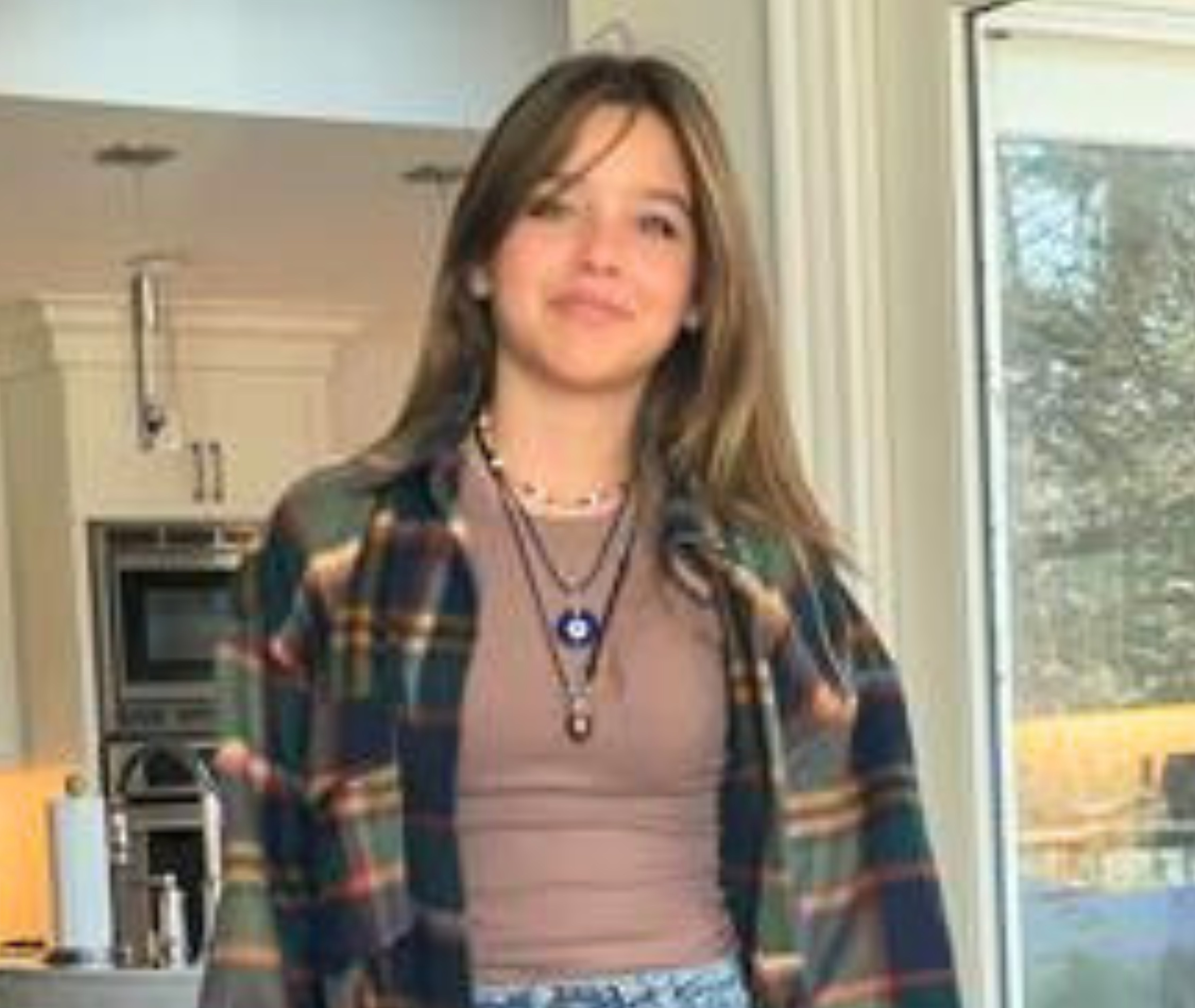
Losing someone is difficult, and it makes us feel alone. If society could be better about how to respond to us, we would not feel so alone.
— Lola, age 16

Grief is usually shoved under a rug. No matter how long it has been, your grief will still be there, and while it evolves and changes as you grow, it will still affect you in different ways throughout your life.
— Nico H., age 16
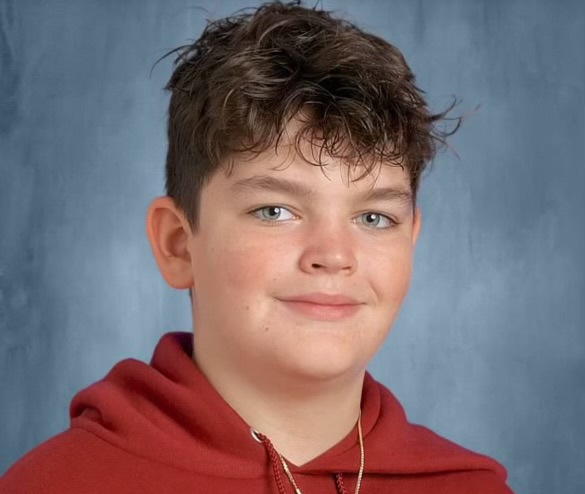
I think society needs to get better at talking about grief, even though it is hard. The people who are going through a tough time dealing with grief (which is everyone), need an outlet to talk about it sometimes.
— Niko, age 13

It’s important to talk about our grief so we can learn better how to control and communicate our feelings.
— Nunu, age 15

If people in our society get better at talking about grief, it can create a support system where no one feels like they have to go through their loss alone, and everyone feels seen and heard.
— Riya, age 15

It’s important that people in our society get better at talking about grief because the way someone responds to a person experiencing grief can affect that person to a great extent.
— Sarafina, age 16

Society needs to view grieving as a normal aspect of life as so many people are going through the same struggle.
— Sydney, age 16

Learning how to speak about death and listen to others share their personal stories about death has been extremely important and healing for me.
— Teelin, age 16
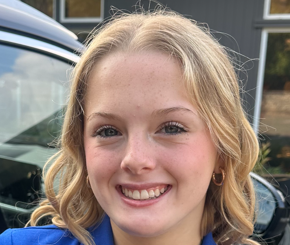
Talking about your grief cannot only help you cope and keep you going in your grief journey, it can also help others.
— Valentina, age 15
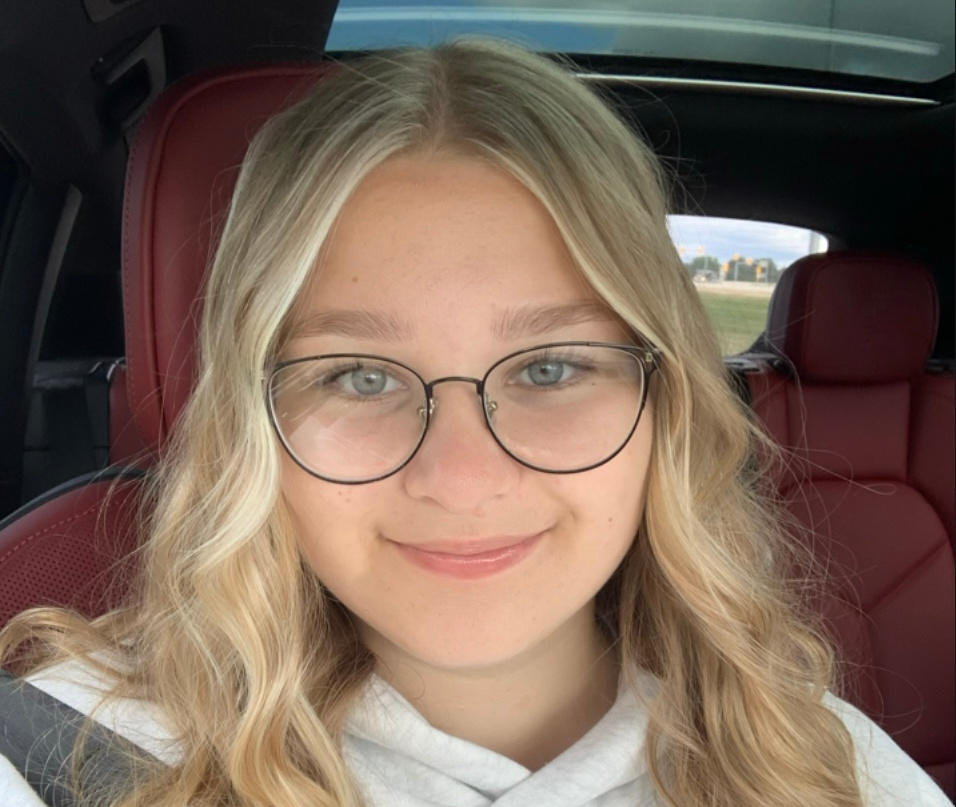
Grief isn’t something we “get over.” It’s something we carry with us for the rest of our lives, and I am a firm believer that creating communities where we can talk about our grief will benefit everyone.
— Violet, age 15

If we talk about it more often and openly about grief, it will become more familiar and not feel so alienating.
— Zoe, age 15
